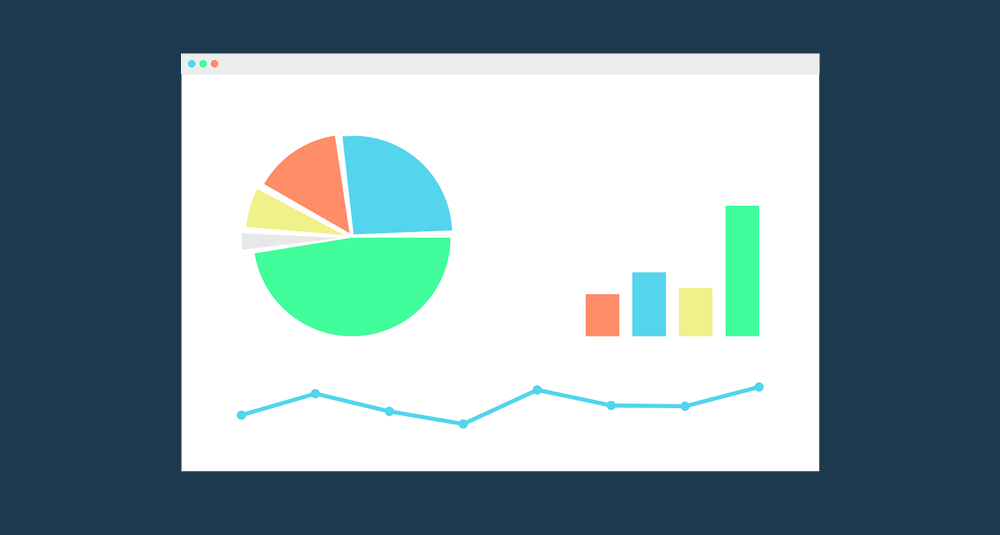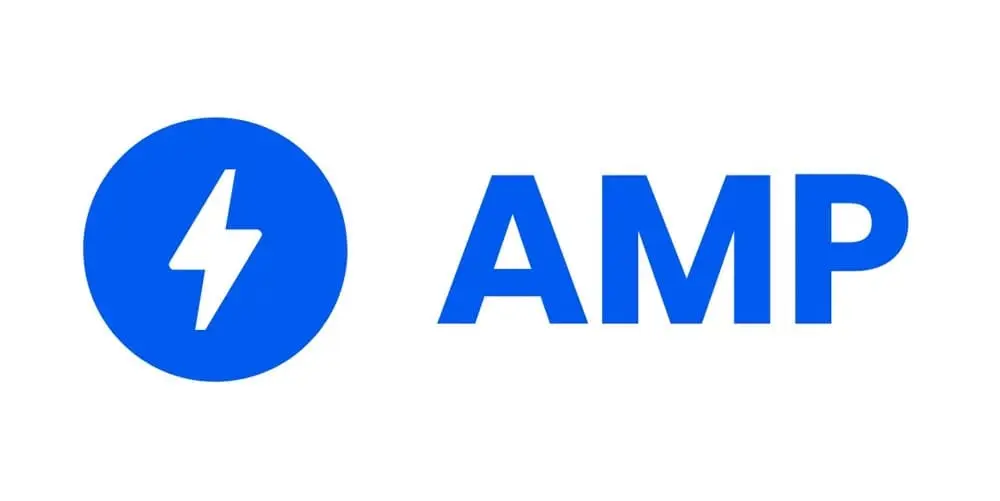What is black hat seo?

Black hat seo includes all practices, methods and automation techniques that go against the recommendations of search engines.
These practices are all penalized by search engines and can result in penalties ranging from loss of visibility to blacklisting.
Examples of bad SEO practices
1. Scraper site
- A scraper site is a website that does not contain useful information or whose content does not correspond to the requests of Internet users.
2. Hijacking
- Hijacking is a technical form of redirection. This practice consists in creating a site or a page that reproduces the content of an existing site and to appropriate its traffic. Beyond referencing, hijacking can be considered as a violation of copyright and can be penalized.
3. Hiding text or links
- Although the use of technical tricks (over-optimization of HTML tags) or graphic tricks (overlay, transparency or identical font color, etc…) is attractive, it should be banned from an SEO point of view. Indeed, these practices can lead to a strong increase in the bounce rate since users will not find the content of their request. But also, considered as a manipulation of the indexing and positioning factors in SERP, they are sanctioned by the search engines.
4. Cloaking
- Cloaking consists in conditioning specific versions of the content according to whether it is a robot or a user. This practice is considered an infringement by search engines since the content of the indexed page is not the one seen by the user.
5. Irrelevant keywords
- Irrelevant keywords are the most common black hat seo practice and consist of a deliberate accumulation of keywords that are not directly related to the content of the page and / or the query targeted by the user.
6. Keyword and meta tag Stuffing
- Keyword stuffing is an over-optimization of the Hn tags of a site. The addition of too many keywords and/or an irrelevant choice of keywords in the content of a web page is considered reprehensible by search engines.
7. Paid links & Affiliate programs
- To evaluate the notoriety of a site and position it in SERP, search engines rely in part on the quality of external links (backlinks). Paid links and affiliation programs can harm the referencing of a site if their added value for the Internet user is low.
8. Article spinning
- Article spinning is an automated content optimization that aims to create a multitude of content from a single article. These automatically generated contents are penalized by search engines because they bring little or no added value to the user and constitute an attempt to manipulate the algorithms.
9. Splog
- A splog is a blog whose main purpose is to improve the positioning of another site by increasing the number of backlinks.
10. Doorway pages
- A network of doorway pages aims to increase the visibility of a site by creating pages and/or similar sites with a common destination. These intermediate pages can lead to duplicate content and harm the visibility of the final information.
11. Mirror site & Duplicate content
- A mirror site and duplicate content are practices close to hijacking. The mirror site is a true copy of another website while duplicate content is a partial reproduction of its content.
12. Spams
- Websites that allow users to create pages or add content by themselves can be a source of spam and therefore penalized by search engines. The implementation of moderation rules allows to ensure a better control of the added contents or comments left by the users.
13. URL redirects
- URL redirections can be considered as misleading by search engines if the content of the final page does not correspond to the query targeted by the Internet user. This black hat seo practice is frequently used when buying an expired domain name.
14. Link schemes
- Link schemes are technical processes intended to automatically generate links pointing to a website or web pages in order to artificially improve their positioning in SERP of search engines.
15. Link farm
- A link farm is a network of sites created whose main objective is to increase their positioning in SERP by multiplying backlinks.
16. Automated queries
- Automated queries that are not expressly allowed by search engines are considered violations of the Terms of Service. These types of queries include bots that automatically generate links in article comments and all types of automatic backlink generation.
17. Cookie Stuffing
- Cookie Stuffing is the practice of depositing cookies without the user’s explicit consent in order to generate traffic or even potential earnings in the case of affiliate programs.
18. Sybil attack
- A Sybil attack is an attack targeting the reputation system of a site, in particular by creating false identities.
Penguin and Panda filters
With Google Panda and Google Penguin, Google filters and penalizes sites that use bad SEO practices.
- Google Panda aims to filter and exclude from the SERP web pages whose content is deemed insufficient, duplicated or without added value for the user.
- Google Penguin focuses on relevance and evaluates the quality of inbound and outbound links.
These major updates to Google’s PageRank algorithm penalize sites that do not respect the guidelines for webmasters by limiting their visibility.
By moderating url submission requests and manually integrating your backlink requests, free-backlinks-tool.com provides a WhiteHat service that meets Google’s recommended quality guidelines.


